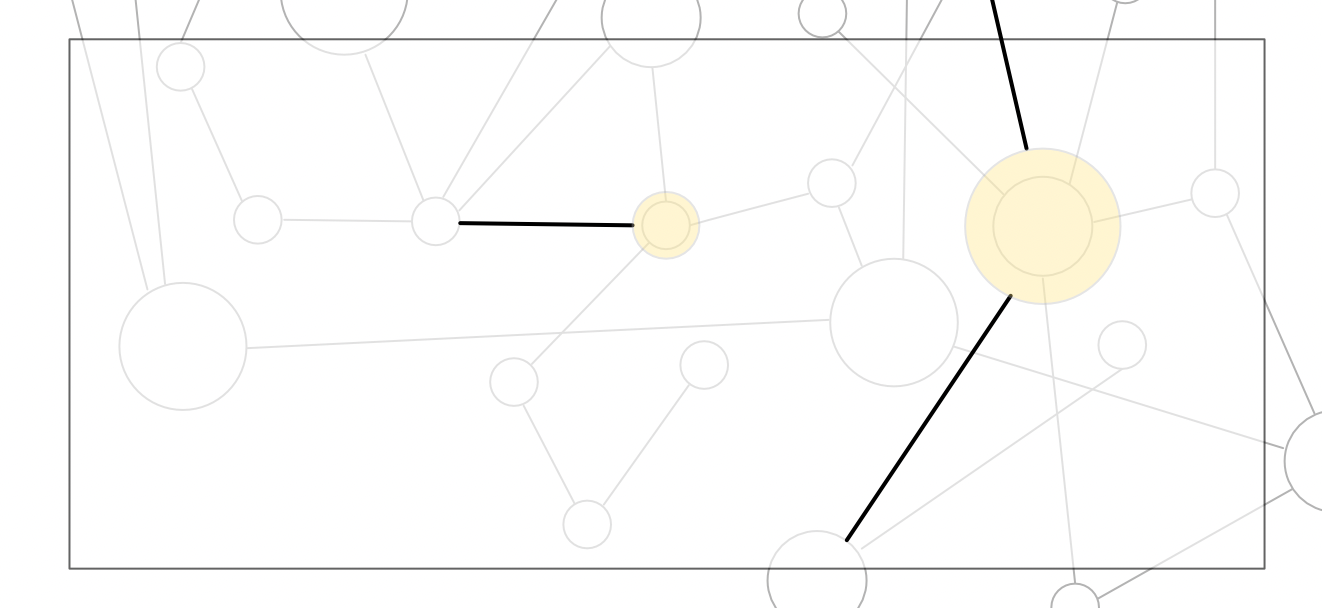Information abstractions
This is what I call fun. :D
My domain expertise is information – like other people are biologists, or economists, or clergy, or-or-or. What I understand is the patterns involved in information, how that syncs with and intertwingles with people (some other IA's focus on other information flavors), and having a grasp of where the variables and fungiblity and dynamism comes in. It's not everyone's happy place, but for those that are interested, here's a growing list of what I understand or posit.

» Binaries
They are simple in scan, complex underneath, don't reflect reality well, and shouldn't have the last say.

There is always a setting, always a bigger picture in which any information lives. As dense as medicine, as far-reaching as government, as big as the Milky Way -- there's always context.

The immense, shifting, variable thing in which we live and make decisions. We are constantly adapting to it, and (when we have agency) shifting it to manage more fluidly.

People all have their own preferences for what they lean into to navigation information.

Information structures are the patterns of connections -- aka, connectome. It's what makes information work, and it's even more abstract than data.

Time is an often unconsidered aspect of information and data and tools and people. It's not only death, which the vast majority of IT ignores; it's evolution, emergence, and the shifts of maturity. Our tools are becoming more than chunks of metal, but also something that ages along with us.

Reactions are the first wave of information ingestion. To have them, information first had to make it past perception -- even if it might not have been cognizant perception.

Responses are the second wave of information ingestion. If you’ve ever solved a problem on the fly, you’ve slowed down enough to use response skills.

» Systems
When all the logic within a scoped information area seems to hang together, but still does not work: look towards the surrounding system.
More play, now as concrete as a diagram.

